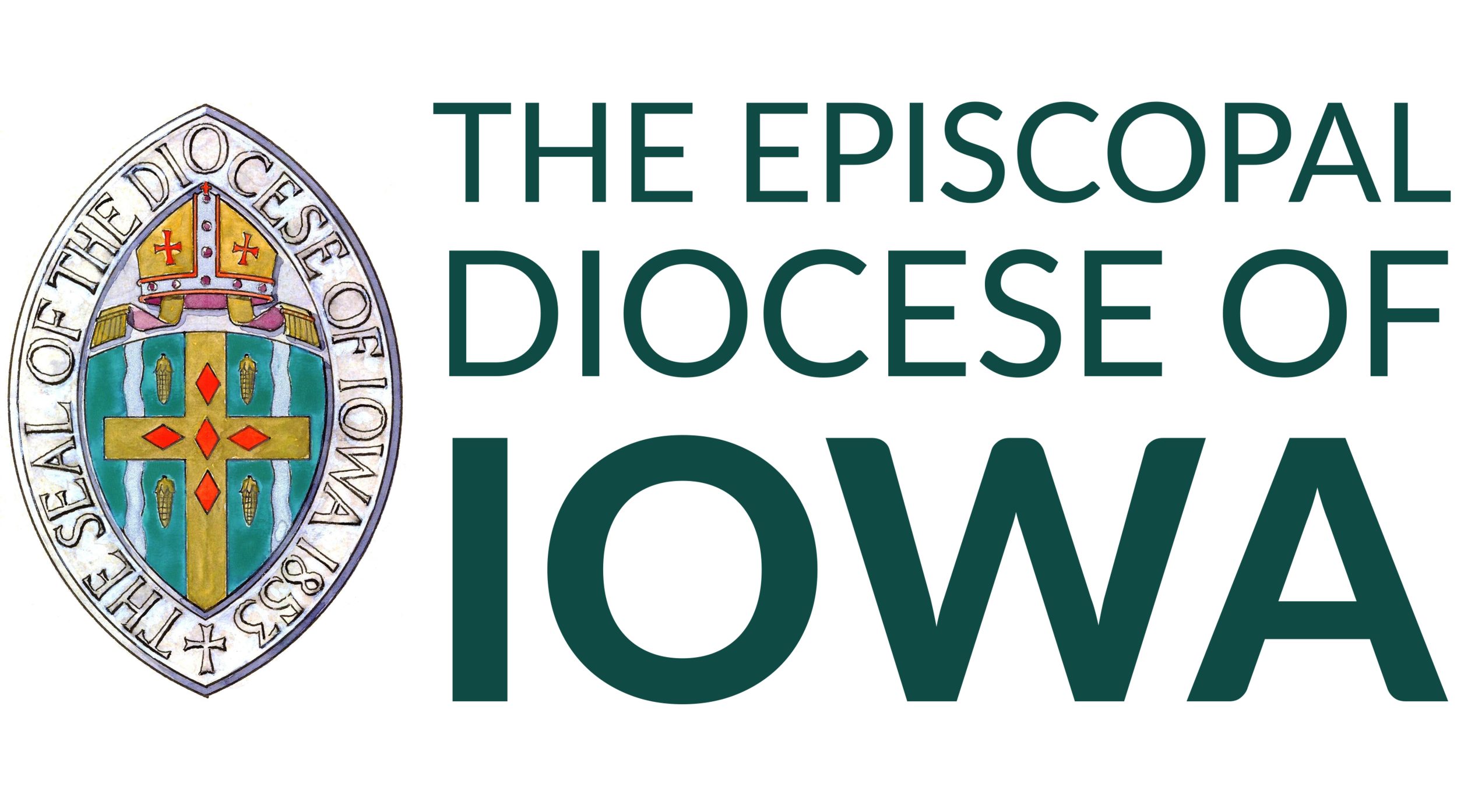Policy on
CHRISTIAN EDUCATION
1983
I. The purpose of Christian Education for the Diocese of Iowa in its component parts is to nurture and equip the saints for the work of ministry and the upbuilding of the Body of Christ.
II. The Christian Education Commission is available to help in the planning and evaluation of all aspects of Diocesan life, structure, and program, in terms of the purposes and principles contained in this policy.
The Christian Education Commission is also available as a planning resource for parishes and missions.
III. Principles and Guidelines
A. Christian Education should be theologically grounded.
Clearly articulated theology as the basis of systems and programs
Commitments to growth “in the quality of life and witness to Jesus Christ”
Commitment to vision of education as enablement for mission and ministry
B. Christian Education should be holistic.
Involves lifelong and inter-generational learning
Grows out of total life
Integrates facets of church life (i.e. worship, evangelism, social action) as both content and vehicles of learning
C. Christian Education should be parish-oriented.
Local Christian community is seen as the focus of Christian education
Parish/mission is challenged and supported in developing its own educational ministry
D. Should use and nurture gifts for ministry.
Bishops, priests, deacons, and laity take their appropriate responsibilities and support each other
Variety of gifts are identified and affirmed
E. Should develop an inter-dependent style.
Open communication in all directions
Sharing of programs, resources, and people, for good stewardship and for mutual enrichment and support
F. Should design adaptable systems.
Able to deal with varied and changing needs, resources and persons
Designed to permit and, where needed, encourage change
G. Christian Education recognizes the role of the home as a primary source of Christian Education.
